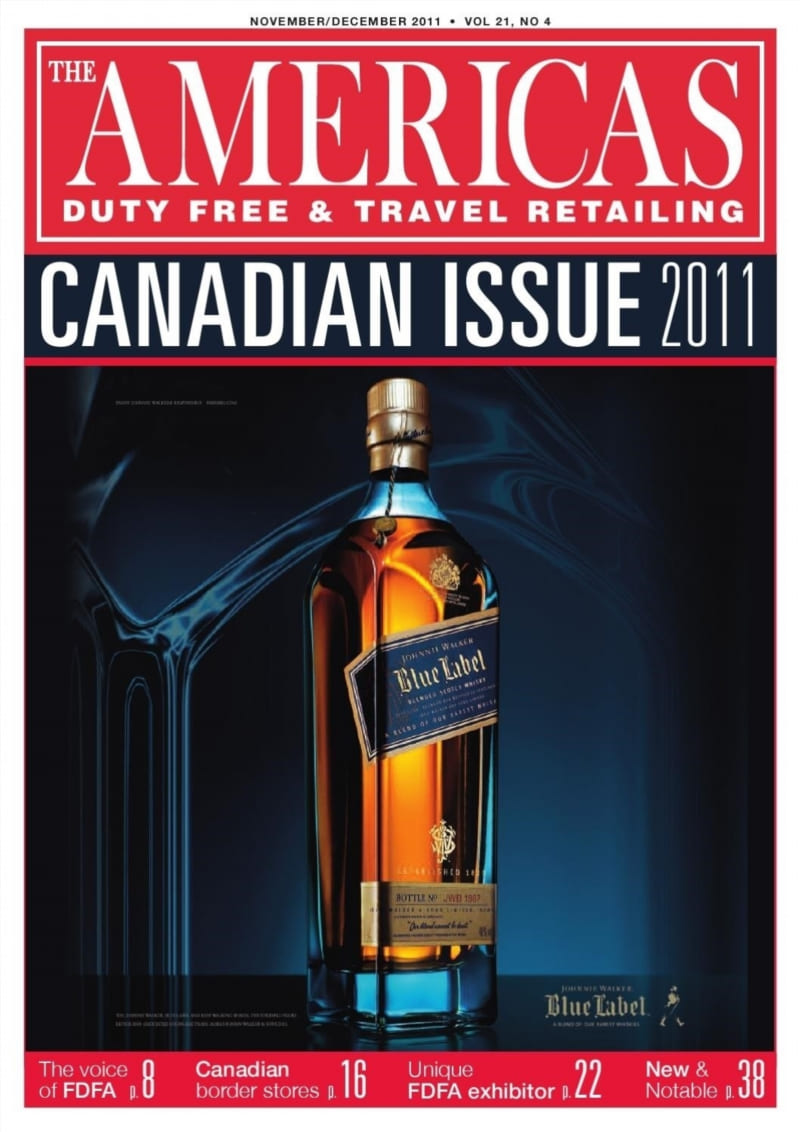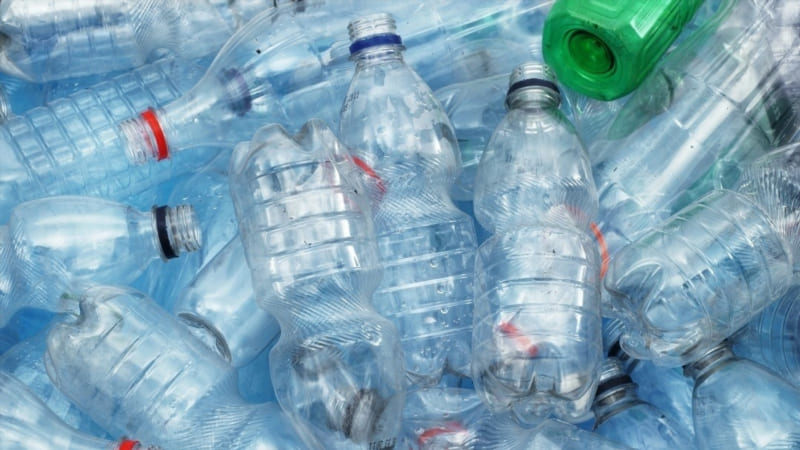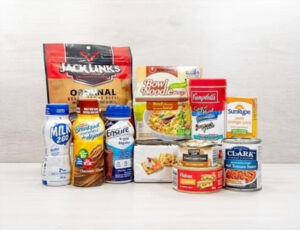The LCBO’s Unexpected Profit Boost: Empty Bottle Deposits in Ottawa
The Liquor Control Board of Ontario (LCBO), known for its vast collection of wines, beers, and spirits, has surprisingly turned a profit not from the sale of these beverages but from the deposits on empty bottles returned by the citizens of Ottawa. It’s not every day that trash turns to treasure, but for LCBO, it’s become a booming business strategy.
A Brief Overview of the Deposit System
It’s all in the details. Bottle deposits, for those scratching their heads, are small fees customers pay when buying beverages in recyclable containers. The idea is to incentivize consumers to return these containers for recycling. When you bring back the empty bottle, you get your deposit back. So, how does the LCBO profit from this, you ask? Let’s dive deep into the heart of this unique system.
Bottles Galore: Ottawa’s Role in LCBO’s Profits

The capital city of Canada, Ottawa, has always prided itself on being environmentally conscious. With recycling being a significant part of the city’s ethos, it’s no shocker that a whopping majority of Ottawans return their empty bottles. However, here’s the twist in the tale: not everyone claims their deposit back. Either due to forgetfulness or sheer negligence, these unclaimed deposits start to pile up. And who gets to pocket the difference? You’ve hit the nail on the head – the LCBO.
The Environmental and Economic Impacts
When you hear about empty bottles turning profits, you might wonder about the environmental implications. Is this just another corporate scheme or an eco-friendly initiative? Luckily, it’s the latter. By collecting, recycling, and reusing these bottles, LCBO not only reduces environmental harm but also generates jobs and stimulates the local economy.
Behind the Scenes: How the LCBO Manages Bottle Returns

Managing bottle returns isn’t a walk in the park. It involves a complex logistical system. LCBO has set up multiple return locations across Ottawa. They’ve integrated state-of-the-art technology to ensure the process is as smooth as pie. From categorizing different bottle types to ensuring proper sanitation, they’ve got it all covered.
Expanding the Horizon: Other Provinces Taking Notes
With LCBO’s astounding success in Ottawa, other provinces are now sitting up and taking notice. Could this be the next big thing across Canada? Only time will tell. However, with environmental concerns on the rise, and the simultaneous potential for profit, it’s a no-brainer that more regions might soon hop on the bandwagon.
The Future of Bottle Deposits in Canada
While the concept of bottle deposits isn’t new, the significant profit generated by it is certainly turning heads. With Ottawa leading the charge, it might not be long before we see other provinces adopting similar strategies. And, if done right, it can lead to a win-win situation – both economically and environmentally.
Key Takeaways
- The LCBO, contrary to popular belief, is making a hefty sum not just from selling beverages but from the unclaimed deposits of empty bottles.
- Ottawa’s dedication to recycling plays a pivotal role in this success story.
- This unique blend of environmental responsibility and economic growth offers a blueprint for other provinces and regions.
As we lift our glasses to Ottawa’s recycling efforts and LCBO’s innovative strategy, one can’t help but wonder: What’s next on the horizon for sustainable business ventures in Canada? Whatever it may be, if it’s anything like the LCBO’s bottle deposit success, we’re in for a treat. Cheers to that!






